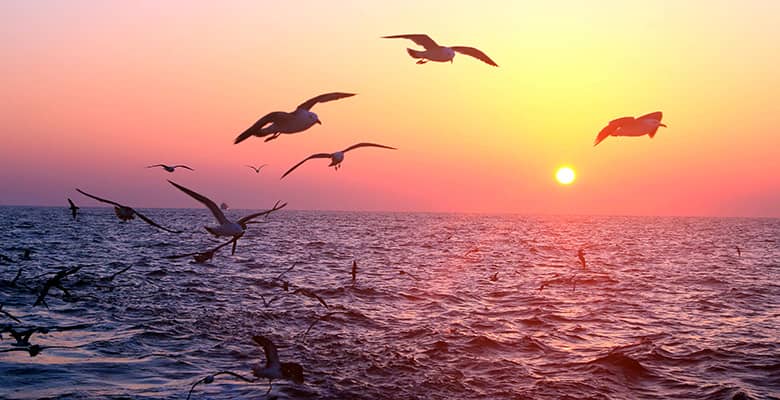The MSC supports the UN Ocean Decade of Science and Sustainable Development in our mission to end overfishing and restore ocean health.
What is the UN Decade of Ocean Science?
The United Nations UN Decade of Ocean Science for Sustainable Development runs from 2021 to 2030.
The UN’s vision is "the science we need for the ocean we want", with success closely aligned to achieving the UN Sustainable Development Goals (SDGs) by 2030.
The UN Ocean Decade aims to provide:
- a common framework to ensure that ocean science can fully support countries to achieve the 2030 Agenda for Sustainable Development.
- a ‘once in a lifetime’ opportunity to create a new foundation across the science-policy interface to strengthen the management of our oceans and coasts for the benefit of humanity.
- strengthened international cooperation needed to develop scientific research and innovative technologies that can connect ocean science with the needs of society.
The Ocean Decade requires the engagement of many different stakeholders to create new ideas, solutions, partnerships and applications, these include scientists, governments, academics, policymakers, business, industry and civil society.
The seven UN Ocean Decade outcomes
- A clean ocean where sources of pollution are identified and removed
- A healthy and resilient ocean where marine ecosystems are mapped and protected
- A predicted ocean where society has the capacity to understand current and future ocean conditions
- A safe ocean where people are protected from ocean hazards
- A sustainably harvested and productive ocean ensuring the provision of food supply
- A transparent ocean with open access to data, information and technologies
- An inspiring and engaging ocean where society understands and values the ocean
The main challenges
The United Nations have identified 10 challenges for the Ocean Decade:
- Understand and beat marine pollution
- Protect and restore ecosystems and biodiversity
- Sustainably feed the global population
- Develop a sustainable and equitable ocean economy
- Unlock ocean-based solutions to climate change
- Increase community resilience to ocean hazards
- Expand the Global Ocean Observing System
- Create a digital representation of the ocean
- Deliver data, knowledge and technology to all
- Change humanity's relationship with the ocean
Seven practical solutions to achieve the aims of the UN Ocean Decade
The MSC collaborates with academics, fisheries and NGOs around the world to carry out science and research that supports sustainable fishing.
If all fisheries in the world were MSC certified, the international community would overcome several important UN Decade Challenges. If we start management reforms now, half of all overfished stocks would recover by 2030, and practically all by 2050.
Fisheries meeting the MSC Fisheries Standard are helping deliver on at least 34 different Sustainable Development Goal targets, especially under SDG 14, the goal to "conserve and sustainably use the oceans, seas and marine resources for sustainable development".
1. Sharing data
To accelerate progress, we make our findings available to other researchers and policymakers. We provide data to the UN Food and Agriculture Organization (FAO) and the UN Environment Programme, as well as other intergovernmental organisations. This helps track progress in ending overfishing and protecting biodiversity.
Our Track a fishery website provides transparent information on all MSC certified fisheries, as well as details of those entering assessment.
2. Funding marine research
Our Ocean Stewardship Fund provides approximately US$1 million each year to support fisheries at all stages on their path to sustainability. Our grants enable industry and civil society partners to work together to improve the performance of fisheries.
Current projects include research to map the seafloor and studies on how to best release marine life accidentally caught in fishing gear. Some of the improvements made by fisheries are a requirement for them to gain or maintain certification, while other science advances our understanding of the global best practices. We prioritise projects that will help multiple fisheries – not just those already certified – to become more sustainable.
3. Innovative science
Our strategic research team focuses on advancing global seafood sustainability science. This includes understanding how to best manage fish stocks that are shifting because of climate change or other factors.
We develop tools to help fisheries stay sustainable, including software to better measure the impacts of fishing gear and vessels on habitats. For fisheries that only have limited data on the species they catch or the places they fish – a problem for many small-scale fisheries and fisheries in the Global South – we are developing user-friendly simulations. These will enable them to take a precautionary approach and avoid overfishing or harming endangered, threatened, and protected species in the absence of field data.
We publish our research in peer-reviewed scientific journals and also produce reports and other publications to share our latest findings.
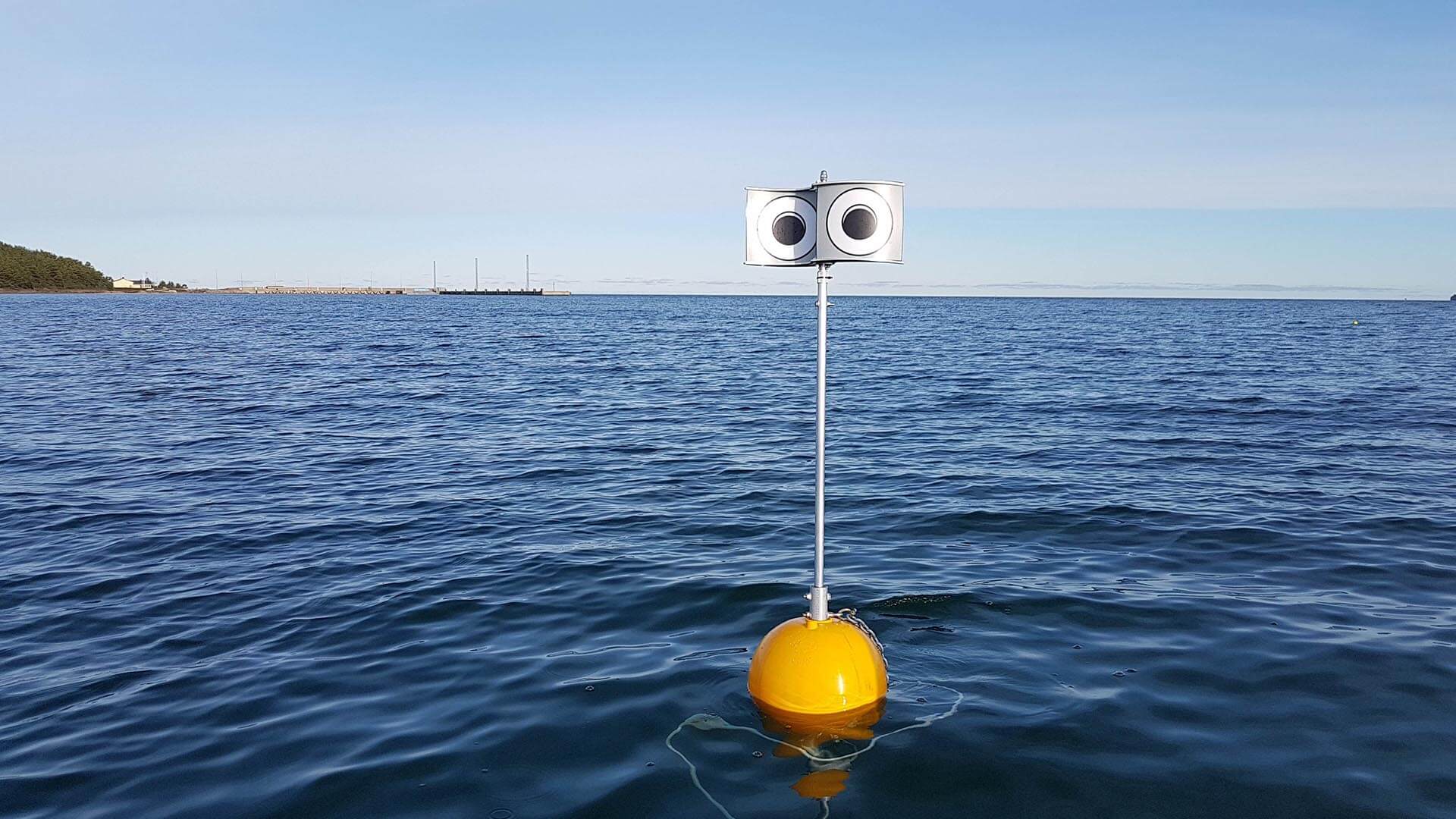
Looming Eyes Buoy developed by FishTek Marine and the RSPB (c) Andres Kalamees
4. Improving accessibility
The MSC supports fisheries at all stages on the pathway to sustainability and helps those engaged with credible Fisheries Improvement Projects (FIPs) with tools and training.
Our Global Accessibility team ensure the benefits of our program are open to all fisheries, regardless of size or location, focussing particularly on small-scale fisheries and fisheries in the Global South.
5. Capacity building tools
Our suite of science-based Fishery Improvement Tools enables fisheries to assess their sustainability and measure progress towards achieving the requirements of the MSC Fisheries Standard.
6. Incentivising fisheries research
We incentivise our partners to improve ocean science, including through conditions placed on the certification of fisheries. These could, for example, require a fishery to collect better data on by-catch or habitats impacts, for them to stay MSC certified.
By tracking their performance we show that certified fisheries become more sustainable as they stay in our program, and provide scientific evidence of what practices help deliver our vision of healthy oceans teeming with life.
7. Improving ocean literacy
A key objective of the UN Decade of Ocean Science for Sustainable Development is to improve ocean literacy in the formal education sector. The aim is to create a new generation of ocean leaders by 2030.
The MSC has a vision of oceans teeming with life for this and future generations. Therefore, the MSC provides teachers with free to use teaching and learning resources aligned to their curriculum. By working with partners such as zoos, aquaria and museums, we're providing free teacher workshops to equip teachers with the confidence to advance ocean literacy.
Find out more
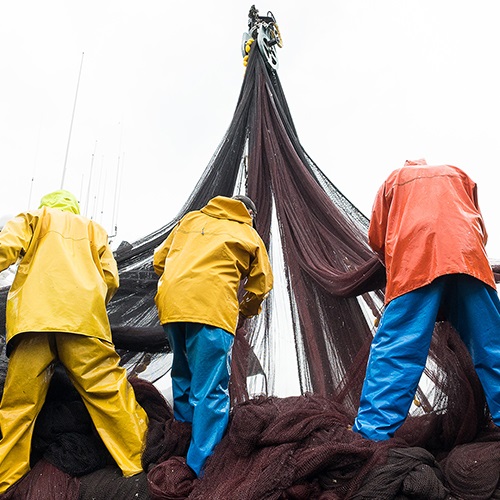
Our approach
Our approach means everyone can play a part in safeguarding the future of our oceans while enjoying seafood, not avoiding it.
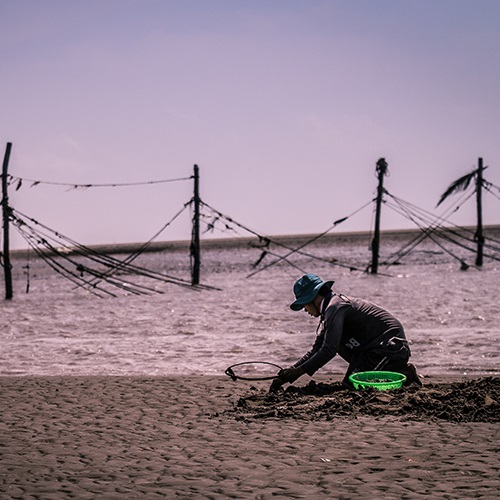
The impact on communities
Fish is an important source of food and income for communities around the world. For many people, sustainable fishing is a necessity, not a luxury.
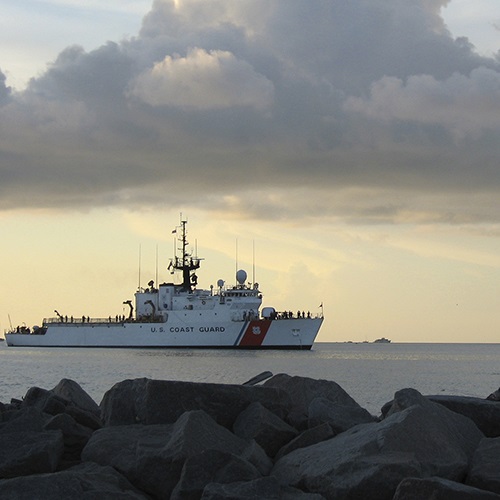
Overfishing, illegal and destructive fishing
The MSC was formed to address the problem of overfishing. Our program works against illegal and destructive fishing practices.
Teach and learn about sustainable fisheries
Use our Australian and New Zealand curriculum-relevant teaching and learning resources to improve ocean literacy.

